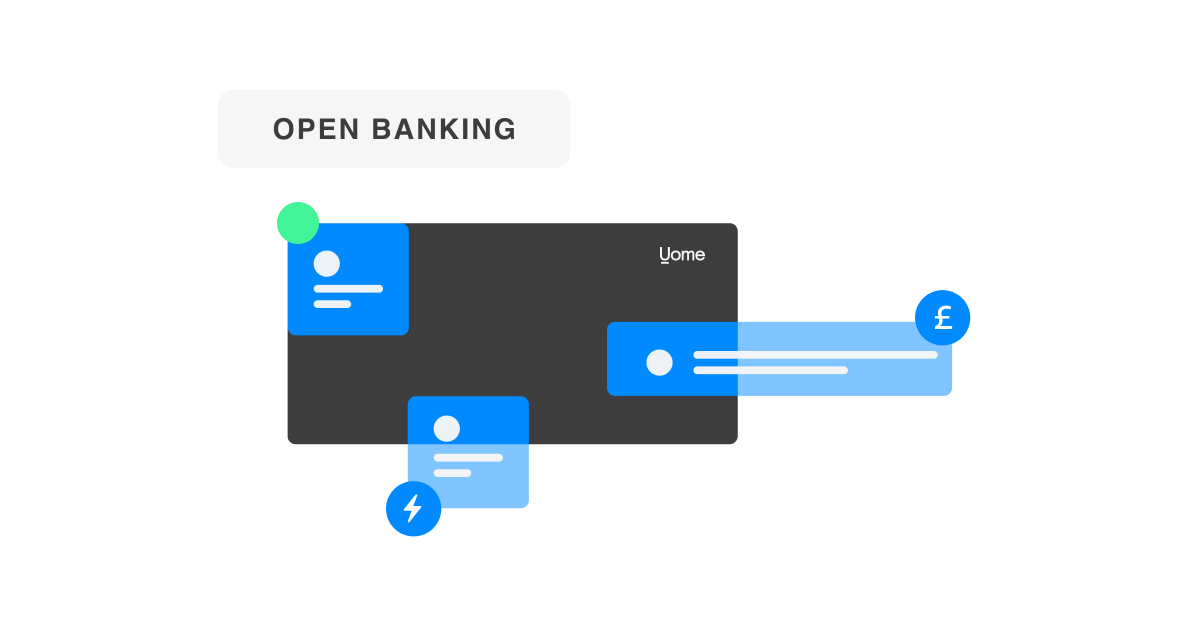You’ve probably come across the term “open banking” before, and you might have even given it a try. But do you understand what open banking is, the incredible products and services it empowers, and how it actually works? Well, you’re in luck because we’re here to give you the lowdown on what you need to know about open banking. We will explore the concept of open banking, shed light on its remarkable benefits, and highlight how it is reshaping the financial industry. So, let’s dive right in.
So, what exactly is open banking?
Open banking is an innovative approach that allows individuals to grant secure access to their financial data to third-party providers. It is made possible through the use of application programming interfaces (APIs), which facilitate the secure transfer of data between banks and authorised third-party applications. This data can include account information, transaction history, and even personalised financial insights.
Enhanced financial control
One of the key benefits of open banking is that it empowers individuals with greater control over their finances. By securely sharing their data with trusted third-party apps, users can gain comprehensive insights into their financial health, track expenses, and monitor their saving and spending habits. This level of transparency enables better financial decision-making and fosters a stronger sense of control over personal finances.
Access to innovative services
Open banking unlocks a world of innovative financial services and products. With access to a wider range of applications, users can discover personalised budgeting tools, investment platforms, and lending services that suit their unique needs. These services are designed to offer tailored solutions, enabling individuals to save money, access fairer credit options, and make more informed financial choices.
Seamless payment experiences
Gone are the days of cumbersome bank transfers and manual payment processes. Open banking facilitates faster, more secure, and seamless payment experiences. Users can initiate payments directly from their bank accounts through authorised third-party apps, eliminating the need for traditional payment methods. Splitting bills, sending money to friends, and making online purchases become effortless tasks with open banking-powered payment solutions.
Encouraging innovation
Open banking fosters a competitive environment in the financial sector by encouraging innovation and enabling collaboration between banks and third-party providers. This stimulates the development of new, customer-centric solutions, as well as the improvement of existing services. As a result, users benefit from a broader range of options and enjoy enhanced customer experiences.
Strengthened security and data
Contrary to misconceptions, open banking places a strong emphasis on security and data privacy. All third-party providers must comply with strict regulations and obtain proper licences, ensuring they meet rigorous security standards. Users retain full control over their data, with the ability to grant and revoke consent as needed. The use of secure APIs and authentication measures further safeguards sensitive financial information.
Financial inclusion and accessibility
Open banking plays a pivotal role in promoting financial inclusion by making financial services more accessible to underserved communities. It enables the development of solutions tailored to the needs of diverse customer segments, including those with limited access to traditional banking services. Open banking empowers individuals to manage their finances effectively, regardless of their location or financial background.
Where can I use Open banking for payments?
Uome is an app that uses open banking to offer a new way of making payments. With Uome, users can create a payment request and send it to their clients. The recipient can then pay the request directly from their bank account using open banking A2A payments.
This process is faster and more secure than traditional payment methods, as it eliminates the need for card details and reduces the risk of fraud.
Uome is an example of how open banking can be used to create innovative payment solutions that are faster, more secure, and more convenient for users.
The future
Open banking is a game-changer, transforming the way we interact with our finances and revolutionising the banking industry. By embracing open banking, individuals can enjoy greater control over their finances, access innovative services, experience seamless payment experiences, and benefit from heightened security and data privacy. The era of open banking is an exciting one, paving the way for a more inclusive, convenient, and customer-centric financial landscape. Embrace the power of open banking and unlock a world of financial possibilities today!







